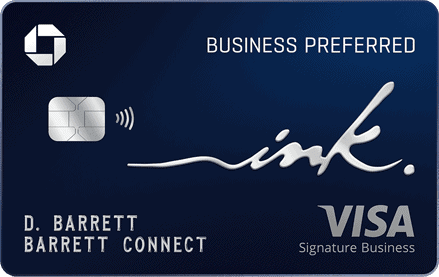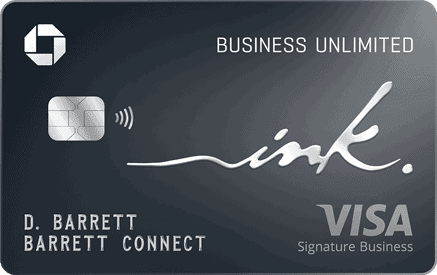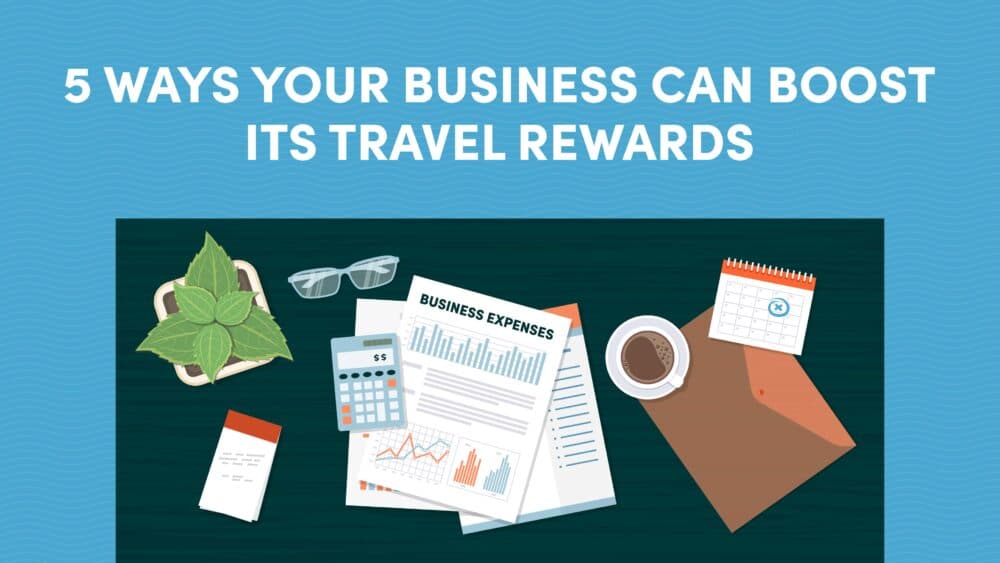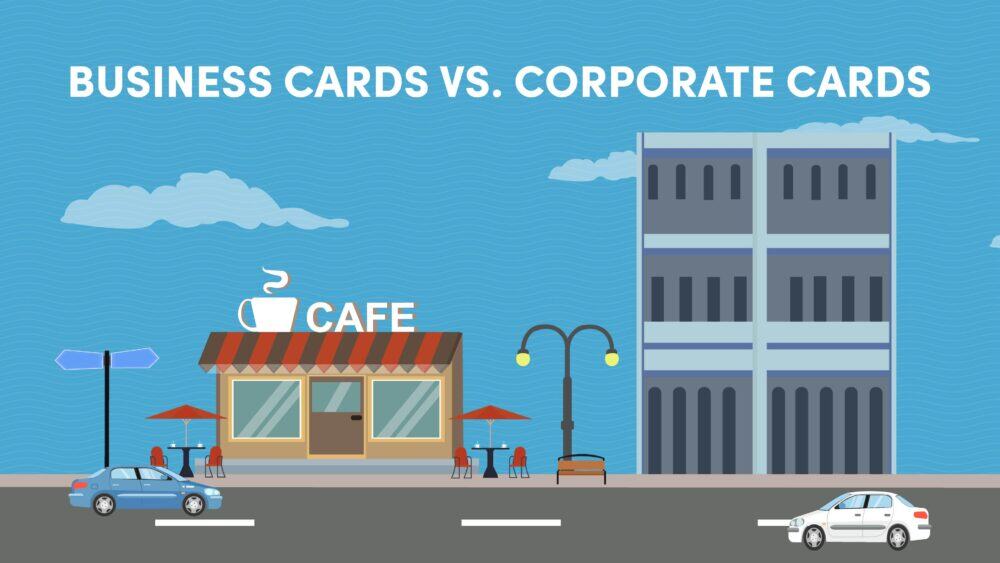
10xTravel is part of an affiliate sales network and receives compensation for sending traffic to partner sites, such as CreditCards.com. This site may earn compensation when a customer clicks on a link, when an application is approved, or when an account is opened. This compensation may impact how and where links appear on this site. This site does not include all financial companies or all available financial offers. Terms apply to American Express benefits and offers. Enrollment may be required for select American Express benefits and offers. Visit americanexpress.com to learn more. All values of Membership Rewards are assigned based on the assumption, experience and opinions of the 10xTravel team and represent an estimate and not an actual value of points. Estimated value is not a fixed value and may not be the typical value enjoyed by card members.
Note: Some of the offers mentioned below may have changed or may no longer be available. The content on this page is accurate as of the posting date; however, some of our partner offers may have expired. You can view current offers here.
Using a business credit card for your business expenses has a wide range of advantages. Business owners can build their business credit, which means your business will have an easier time getting loans at better interest rates in the future. Plus, with certain business credit cards, you can insulate your personal credit from your business activities so your personal credit score won’t take a hit if your business falls into debt. Charging all of your business expenses to a business credit card also makes it much easier to report those expenses when tax season comes around.
All of these features of business credit cards and more are explained in the first part of this two-part series. So, if you haven’t yet read that article, go check that out for a better understanding of how business credit cards work.
Aside from the features mentioned above, some of the best things about business credit cards are the business-focused spending bonus categories and perks. So, in this article, we’re going to be diving into these features in greater detail and discussing how to find the best spending bonuses and perks for your business.

Bonus Categories for Small Businesses
In deciding which business credit card is right for your business, you should first pay attention to the type of rewards offered by that credit card. While some of these cards offer rewards in the form of cash back, others offer rewards points. And, while certain rewards points can only be redeemed through the issuer’s own rewards portal (such as Bank of America, Discover and U.S. Bank), other rewards points can be transferred to partner travel loyalty programs (such as American Express, Capital One, Chase, Citi and Wells Fargo), which means you can get a whole lot more value out of these points.
Generally, we’d recommend signing up for a business credit card that earns transferable rewards points as these points are much more valuable than cash back when redeemed through partner travel loyalty programs. Oftentimes, you can get several cents per point in value when redeeming points this way.
Regardless of whether your business credit card earns rewards points or cash back, these cards typically offer spending bonuses in specific business-focused categories. Here are some of the common bonus categories offered by business credit cards:
- Airline purchases
- Gas stations
- Hotel purchases
- Office supply stores
- Shipping
- Social media and internet search engine marketing
- Telecommunications (including internet and cell phone service)

In determining which is going to be the best business credit card for your business, you should go through your business expenses from last year and determine how many points (or cash back) you would’ve earned from spending bonus categories.
For example, here are the spending bonuses offered by the Ink Business Preferred® Credit Card ($95 annual fee):
- 3X points on the first $150,000 spent in combined purchases in the following categories every cardmember year:
- Shipping purchases
- Internet, cable and phone services
- Advertising purchases with social media sites and search engines
- Travel
- 1X point on all other purchases
Now, let’s say that your business’s expenses in the previous year were as follows:
- $8,000 for flights
- $5,000 for hotels
- $4,000 for advertising purchases from social media sites
- $10,000 for construction materials
- $3,000 on food
- $2,000 for internet and phone services
Since you spent $13,000 on travel (including $8,000 for flights and $5,000 for hotels), you’d earn 39,000 Chase Ultimate Rewards points ($13,000 x 3 = 39,000 points). You would also earn 12,000 Chase points for advertising purchases from social media sites ($4,000 x 3 = 12,000 points). Since the Ink Business Preferred card doesn’t offer an elevated spending bonus for construction materials purchases, you would only earn 10,000 points on your $10,000 worth of spending for construction purchases ($10,000 x 1 = 10,000 points). You’d also earn just 1X point for your $3,000 in food purchases, which would yield 3,000 Chase points ($3,000 x 1 = 3,000 points). And, finally, for your internet and phone services purchases, you’d earn 6,000 points ($2,000 x 3 = 6,000 points).
Chase Ink Business Preferred® Credit Card
100,000
bonus points
after you spend $8,000 on purchases in the first 3 months from account opening.
Annual Fee: $95
All in all, if all of those purchases from the previous year had been made on the Ink Business Preferred card, you would’ve earned a total of 70,000 Chase points, which is great and certainly enough to offset the card’s $95 annual fee.
However, before you sign up for the Ink Business Preferred card, you should perform the same types of calculations from the example above for other business credit cards that you think might be a good fit for your business. For instance, in the example above, you may want to look at cards that offer elevated spending bonuses for construction materials purchases as this was a major expense category that would only earn 1X point with the Ink Business Preferred card.
It’s also important to recognize that business expenses may not be exactly the same from year to year. So, while making these calculations, you may want to consider any upcoming changes to your expenses that you may be anticipating.

Statement Credits and Perks for Businesses
While spending bonuses are an important feature of business credit cards, there are several other factors to consider when selecting the best business credit card for you. It’s also important to consider any statement credits or perks offered by a potential business credit card.
A statement credit is a credit that comes with a credit card, typically on an annual basis, that reduces your balance for purchases made in a certain category. For example, the Capital One Venture X Business offers a $300 annual statement credit toward travel purchases made through the Capital One Business Travel. So, if you were to purchase a flight through the Capital One Business Travel for $600, you would only owe $300 for that flight after the statement credit is applied. These statement credits, a small business credit card perks, can typically only be used once per year.
Capital One Venture X Business
Earn 150,000
Bonus Miles
once you spend $30,000 in the first 3 months from account opening.
Annual Fee: $395
It’s also worth noting that these statement credits are almost exclusively available with high-annual-fee premium business credit cards, such as The Business Platinum Card® from American Express, which offers statement credits well in excess of its annual fee of $895 (Rates & Fees). So, if you want access to statement credits, you’ll typically have to pay a high annual fee up front.
The Business Platinum Card® from American Express
Elevated Welcome Offer: Earn 200,000
Membership Rewards® Points
after you spend $20,000 in eligible purchases on the Business Platinum Card® within the first 3 months of Card Membership.
Annual Fee:
$895
Here are some of the common categories in which business credit cards offer statement credits:
- Application fees for TSA PreCheck or Global Entry
- Travel purchases
- Software subscriptions
- Internet and cell phone service
When deciding whether a business credit card is a good match for your business, it’s important to consider whether that card offers any statement credits and whether you’ll realistically take advantage of those statement credits every year.
Aside from statement credits, there are other perks offered by business credit cards. Here are some examples of other perks that might be offered by business credit cards:
- Airport lounge access
- Access to special events or experiences
- Complimentary elite status with travel loyalty programs
- Anniversary points bonuses
In deciding which business credit card is the right fit for your business, you’ll definitely want to factor in the value of these additional perks.
For instance, the Capital One Venture X Business card offers an anniversary bonus of 10,000 Capital One Miles every cardmember anniversary. This bonus is worth a minimum of $100 (and could be worth considerably more when redeemed through Capital One’s transfer partners). Thus, you should consider this when comparing the value of the Venture X Business card to its annual fee as well as to other business credit cards in its price range.

Employee Credit Cards
Another major feature of business credit cards that’s not available with personal credit cards is the option to add employee credit cards to your account at no additional cost. This means that you can issue physical credit cards to your employees, allowing them to make purchases and earn rewards on your account.
It’s important to note, though, that you as the primary cardmember will be responsible for repaying all purchases made by employees on your account. So, if you don’t trust your employees to use a credit card responsibly, you should refrain from issuing them an employee credit card.
Luckily, to protect you as the primary cardholder, many business credit cards allow you to set spending limits on individual employee credit cards. For instance, you could set a spending limit of $10,000 per month for one employee and a spending limit of $20,000 per month for another employee.
In most cases, the number of employee credit cards that you can add to your account is essentially unlimited. However, you may need to contact your issuer if you want to add over a certain number. For instance, with the Capital One Venture X Business card, you can add up to 99 employee cards to your account through your Capital One online account. However, if you want to add more than 99 employees to your account, you’ll have to contact the Capital One Spark Business team and request to add more.
Adding employee cards to your account is a great way to authorize employees to make purchases on behalf of the company while earning rewards for your account. Plus, with the ability to add spending limits to individual employee cards, you can ensure that your employees are spending responsibly.

Who Do Business Card Points Belong To?
Regardless of whether you or one of your employees makes a purchase on your business credit card account, you can earn rewards points which can be redeemed for things like flights, hotel stays, rental cars, cash back and more. But, business credit cards are technically the property of the business and the primary cardholder is typically only the guarantor (the person who agrees to pay the card’s debt if the company defaults). So, who actually owns the points earned by a business credit card? Are they owned by the primary cardholder or the company? And what claim do employees have to these points?
In a legal sense, these points do not actually belong to any one person but rather belong to the business entity. Thus, these points can’t be transferred by “operation of law,” which includes inheritance, bankruptcy or divorce.
In a more practical sense, the primary cardholder is the one who has control over how these rewards points are spent. The primary cardholder can use points to pay for travel, merchandise, cash back and more on behalf of the business. Alternatively, most business credit cards allow the primary cardholder to transfer points to employee accounts, giving that employee the ability to use the points however they please.
While using rewards points for company expenses can be a good way to save money for the company, transferring points to employees is a great way to reward employees for their work and build goodwill within the company.
Additionally, some business credit card issuers allow the primary cardholder to transfer points from a business card account to a personal credit card account. For instance, if you have the Ink Business Preferred® Credit Card, you can transfer any points from that card’s account into a Chase Sapphire Reserve® personal credit card account. This allows you to combine rewards balances from multiple accounts and redeem your rewards faster.
Earn 125,000
bonus points
after you spend $6,000 on purchases in the first 3 months from account opening.
Annual Fee: $795
The Bottom Line
As stated in the first part of this two-part series, business credit cards are a great way to keep your business expenses separate from your personal expenses, insulate your personal credit score from taking a negative hit, build business credit and more. So, if you’re a small business owner (which includes business owners who have LLCs, s-corps or otherwise traditional businesses, plus sole proprietors like freelancers, gig economy workers and more), you should definitely look into getting a business credit card.
However, before you sign up for a business credit card, you should be familiar with the different features of these cards so that you can match your business with the best possible card.
Business credit cards tend to offer spending bonuses in business-related categories. So, you should try to find a card with spending categories that reward your business’s largest expense categories. Many business credit cards also include other benefits such as airport lounge access, statement credits, anniversary bonuses and more. So, you should also factor in the value of these benefits when selecting your business credit card. And, of course, it’s important to consider annual fees and welcome bonuses as well.
Then, once you get a business credit card, you can issue employee cards at no additional cost, allowing employees to spend on your account and earn rewards. You can also set individual spending limits to make sure that those employees use their cards responsibly.
Finally, you can use the rewards that you earn with your business credit card to pay for business expenses such as flights, hotels, rental cars and more. Or you can choose to transfer points to your employees, allowing them to spend those points however they choose. And, in some cases, you can even transfer points from a business credit card to a personal credit card account, allowing you to combine balances and redeem your rewards faster.
New to the world of points and miles? The Chase Sapphire Preferred® Card is the best card to start with.
With a bonus of 75,000 bonus points after you spend $5,000 on purchases in the first 3 months from account opening. , 5x points on travel booked through the Chase TravelSM Portal and 3x points on restaurants, streaming services, and online groceries (excluding Target, Walmart, and wholesale clubs), this card truly cannot be beat for getting started!
after you spend $8,000 on purchases in the first 3 months from account opening.
Annual Fee: $95
once you spend $30,000 in the first 3 months from account opening.
Annual Fee: $395
after you spend $20,000 in eligible purchases on the Business Platinum Card® within the first 3 months of Card Membership.
Annual Fee:
$895
after you spend $6,000 on purchases in the first 3 months from account opening.
Annual Fee: $795
Editors Note: Opinions expressed here are author’s alone, not those of any bank, credit card issuer, hotel, airline, or other entity. This content has not been reviewed, approved or otherwise endorsed by any of the entities included within the post.













